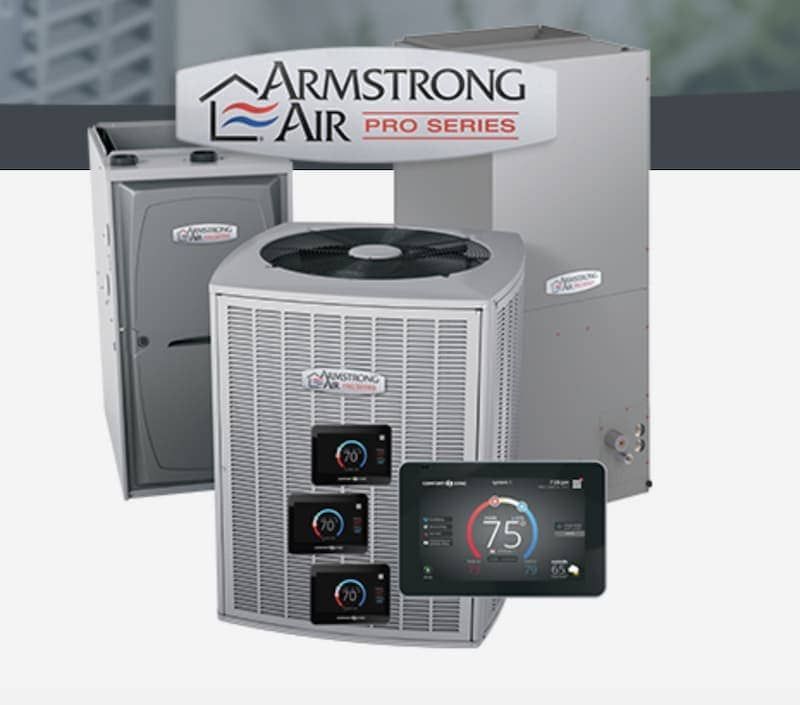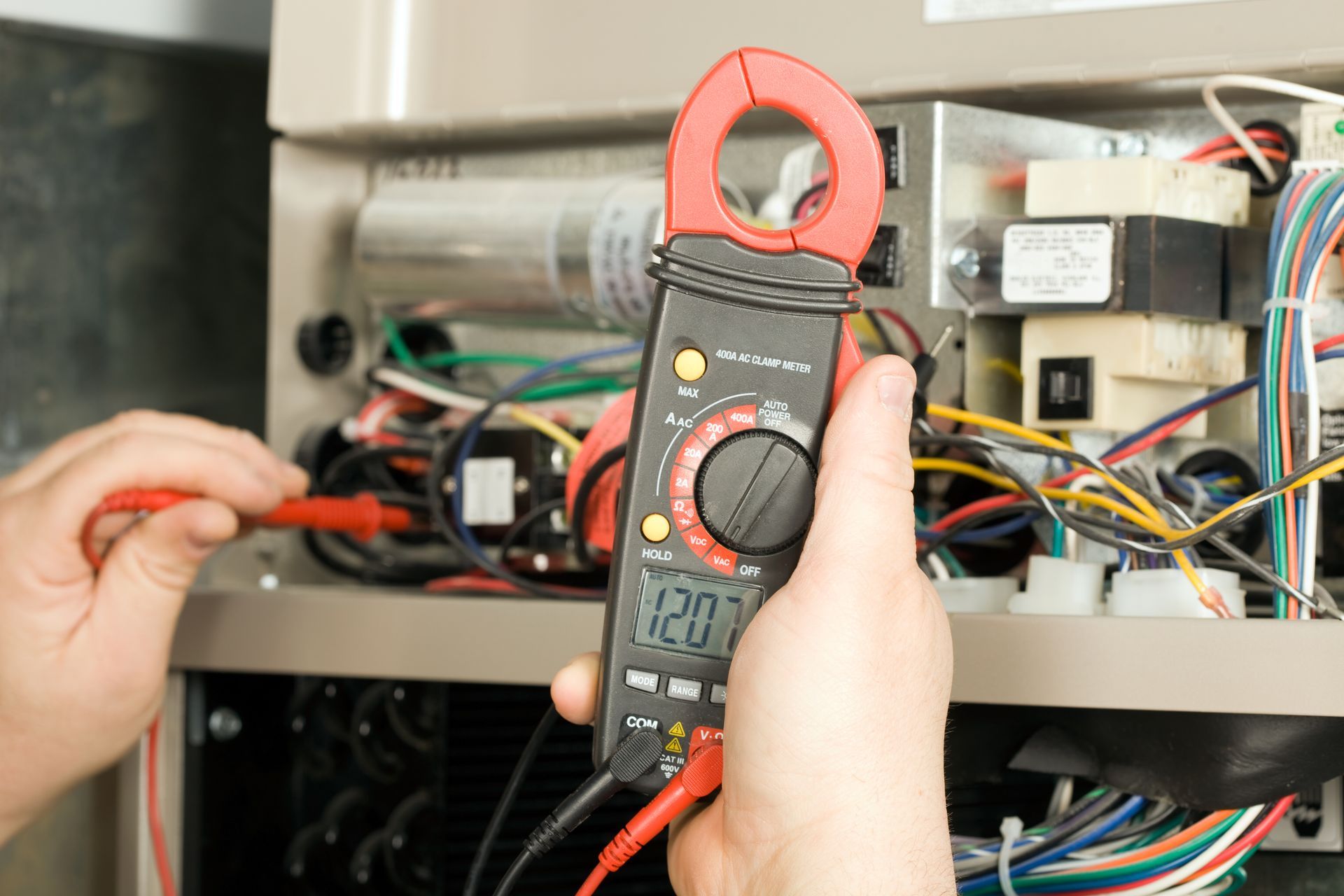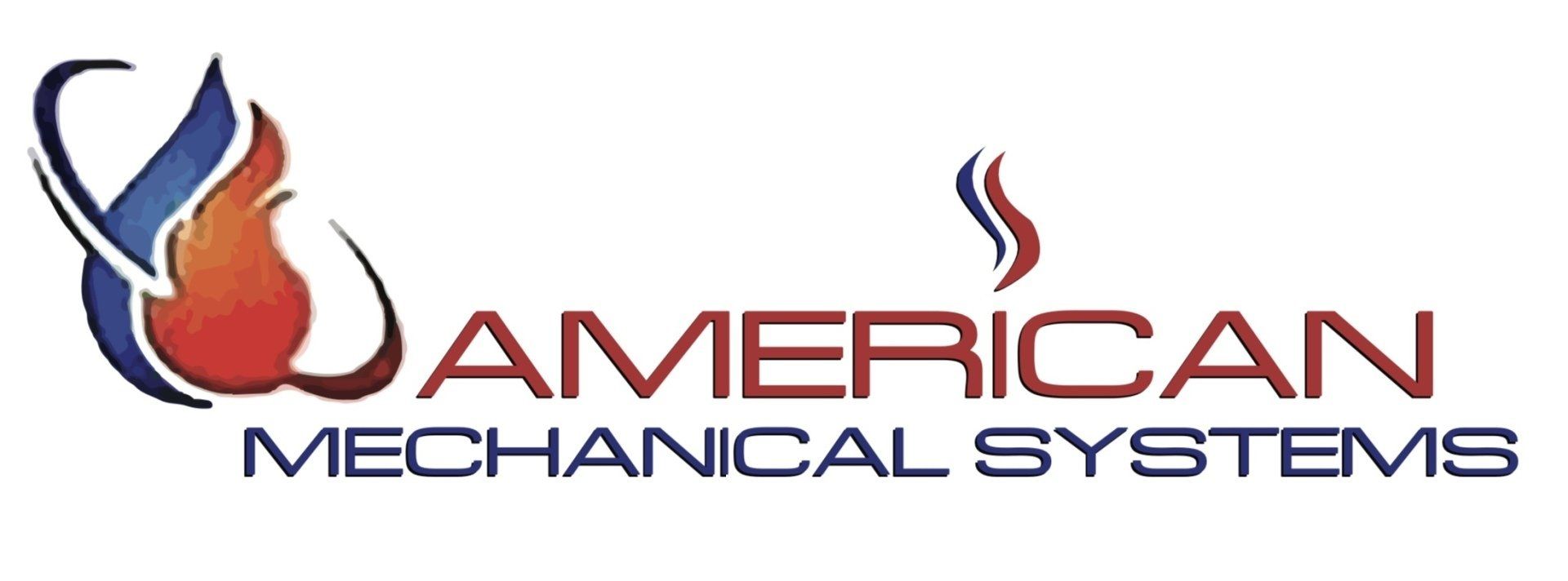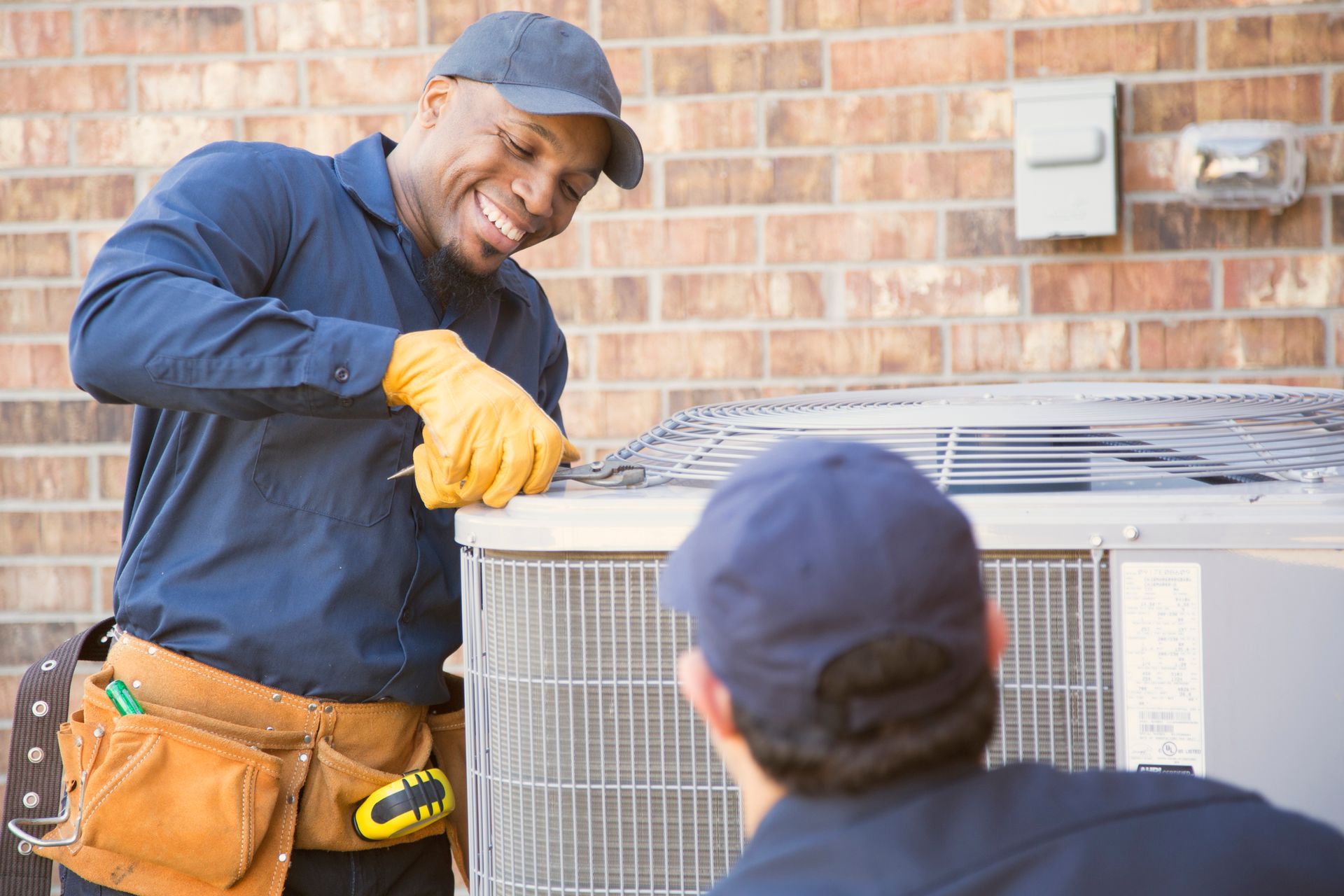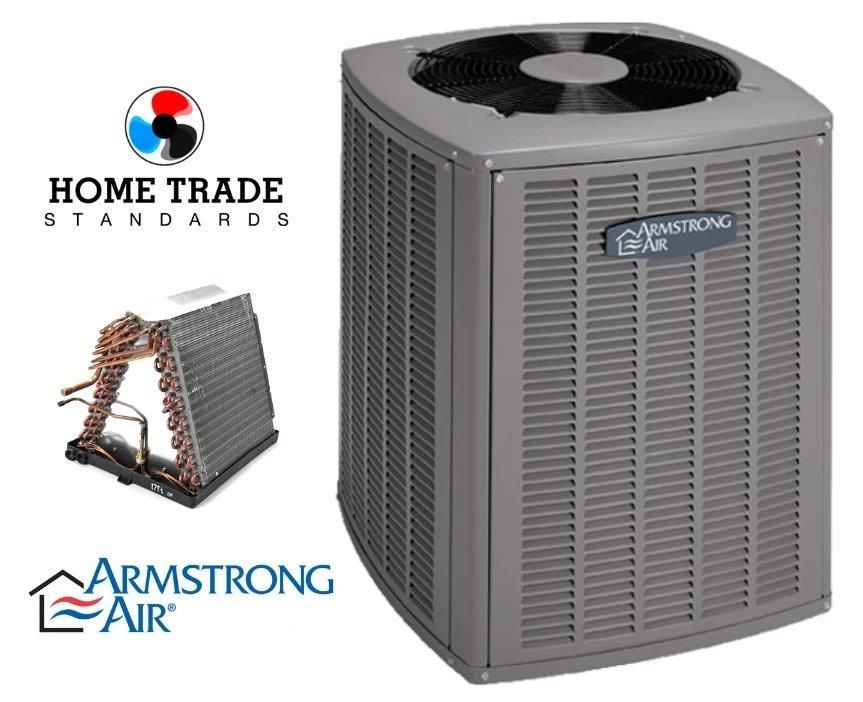What to Do When Ice Forms on Your Air Conditioner
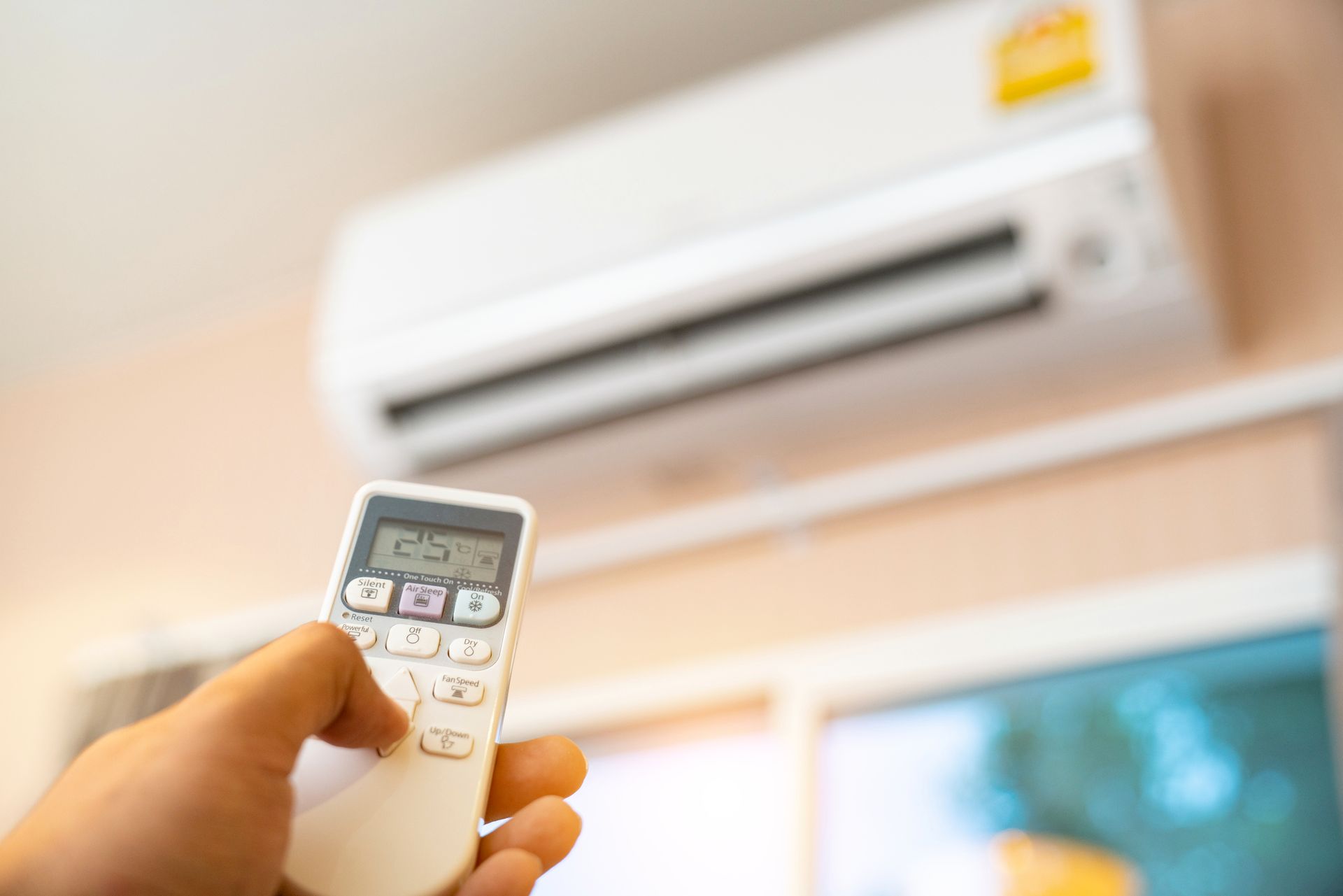
- Understand the Causes: Ice formation on an air conditioner can stem from several factors, including:
a. Insufficient airflow: Poor airflow caused by dirty filters, blocked vents, or obstructed outdoor units can lead to ice accumulation.
b. Low refrigerant levels: If your AC system has a refrigerant leak or an improper charge, it can cause the evaporator coil to become too cold, leading to ice formation.
c. Cold outdoor temperatures: Extremely low temperatures can cause condensation on the coil to freeze, resulting in ice buildup.
d. Malfunctioning components: Faulty fan motors, thermostats, or sensors can disrupt the normal functioning of the AC unit, causing ice to form.
2. Turn off the AC: When you notice ice on your air conditioner, the first step is to turn off the unit. Continuing to run the AC while it is frozen can damage the compressor and other components.
3. Thawing the Ice: To thaw the ice, turn on the fan mode or use the thermostat to switch on the "fan only" function. This will help melt the ice on the evaporator coil. It's important to be patient during this process, as manually removing the ice can damage the delicate coil.
4. Inspect and Clean the Air Filters: Clogged air filters restrict airflow and can contribute to ice formation. Inspect the filters and clean or replace them if necessary. Regularly maintaining clean filters improves your AC system's efficiency and prevents future ice buildup.
5. Check for Blocked Vents and Obstructions: Ensure that all vents, registers, and return grilles are clear of any furniture, curtains, or other obstructions. Restricted airflow can lead to ice formation, so it's important to maintain unobstructed airflow throughout the system.
6. Schedule Professional Maintenance: Contact a qualified HVAC technician to perform a thorough inspection of your air conditioning system. They will check for refrigerant leaks, clean the coils, and ensure that all components are functioning correctly. Regular professional maintenance can prevent ice formation and extend the lifespan of your AC unit.
7. Address Refrigerant Leaks: If your AC system is low on refrigerant due to a leak, it's crucial to have it repaired promptly. Only a certified technician should handle refrigerant-related issues, as they require specialized knowledge and equipment.
8. Consider Environmental Factors: If you live in an area with low winter temperatures, it's advisable to cover the outdoor unit or use a specialized condenser coil heater to prevent ice formation during colder months.
Ice formation on your air conditioner is a warning sign that should not be ignored. By understanding the causes and following the steps outlined above, you can effectively address the issue and prevent further damage to your AC system. Regular maintenance and prompt repairs are key to keeping your air conditioner running efficiently, ensuring comfort in your home during hot summer days. Call American Mechanical Systems when you have ice on your air conditioner or your AC is not working.
